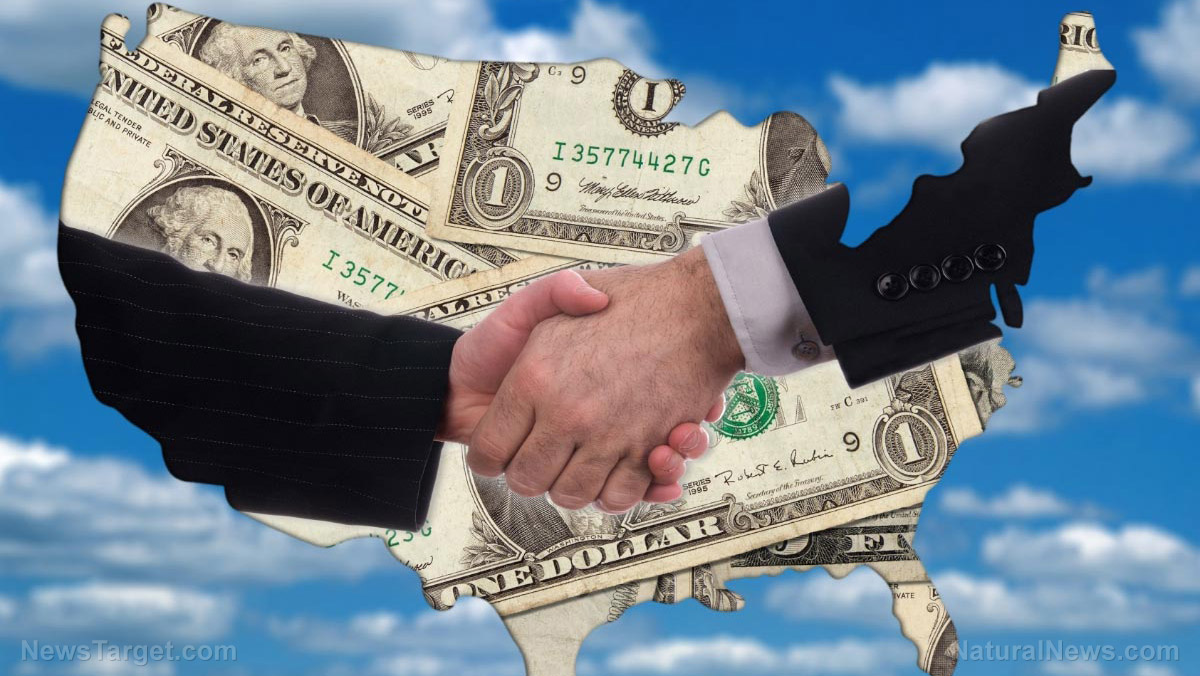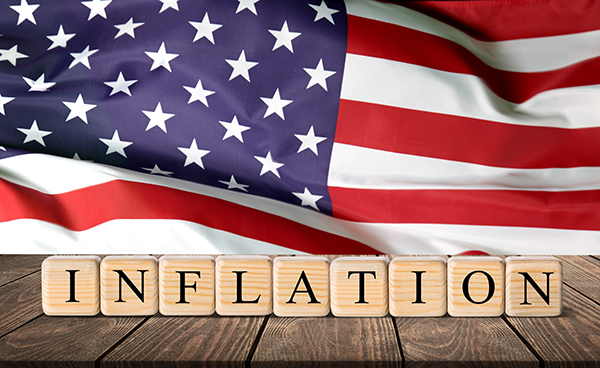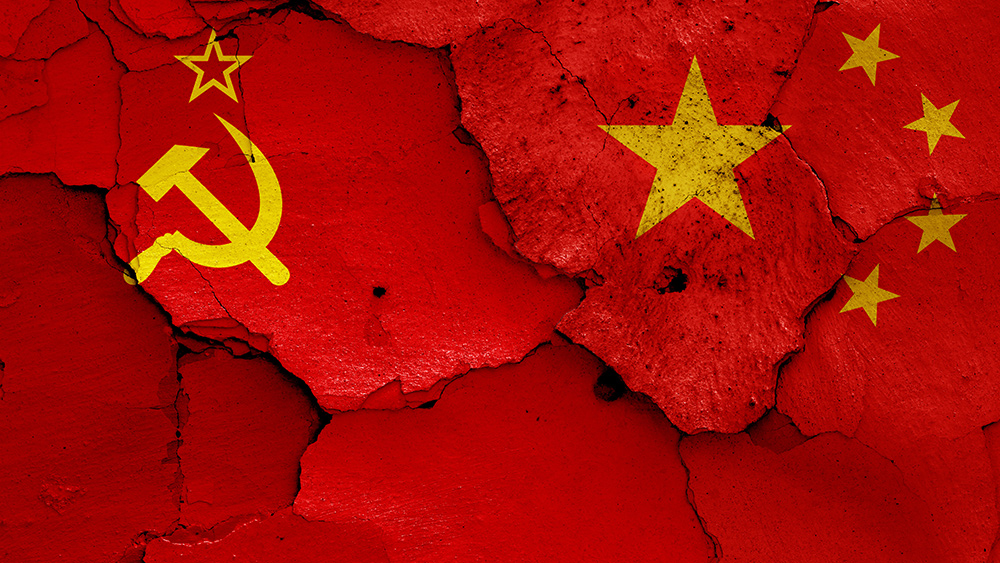 Parler
Parler Gab
Gab
BRICS is slowly but surely taking over global trade
In a video message, since he could not legally show up in person, Russian President Vladimir Putin congratulated the new BRICS members, adding that the bloc's global influence will only continue to grow from here on out until the West is done. "I would like to congratulate the new members who will work in a full-scale format next year," Putin stated. "And I would like to assure all our colleagues that we will continue the work that we started today on expanding the influence of BRICS in the world." Chinese President Xi Jinping also commented on the interest from these newest BRICS members, calling it a "historic" moment that will further his country's determination to "unite and cooperate with developing countries." "[It will] inject new impetus into the BRICS cooperation mechanism and further strengthen the power of world peace and development," Xi said. Similar sentiments were expressed by Indian President Narendra Modi who welcomed the expansion of BRICS, stating that he believes the more members the merrier. In a public statement that appeared on the Saudi television channel Al Arabiya, the Saudi foreign minister also added that BRICS has "proven itself to be a useful and important channel to strengthen economic cooperation with countries of the so-called Global South." Bin Farhan had earlier stated at the conference that Saudi Arabia will continue to be a "secure and reliable energy provider" across the bloc, with total bilateral trade between itself and the other BRICS members topping $160 billion in 2022. Saudi Arabia's presence in BRICS is significant in that the country is currently the world's largest exporter of crude oil. Meanwhile, China is the world's largest crude oil importer. The fact that both Russia and Saudi Arabia are also both members of OPEC+, a group of the world's largest oil producers, poses a challenge in that there are now crossovers between competing economic blocs. "The two countries often coordinate their oil output, which has in the past put Saudi Arabia at odds with its ally, the United States," reported CNN about the matter. "The bloc's expansion raises the question of potential de-dollarization, a process by which members would gradually switch to using currencies other than the U.S. dollar to conduct trade. The BRICS countries have also been talking about a common currency ..." How much longer will the West exist as a global superpower? Find out more at Collapse.news. Sources for this article include: CNN.com VerseByVerseMinistry.org NaturalNews.comWARNING: AI-powered DEEPFAKE VOICE SCAMS are now coming for your bank balance
By Laura Harris // Share
By Richard Brown // Share
Massive government spending is keeping inflation high, warns market expert
By Arsenio Toledo // Share
Governments continue to obscure COVID-19 vaccine data amid rising concerns over excess deaths
By patricklewis // Share
Tech giant Microsoft backs EXTINCTION with its support of carbon capture programs
By ramontomeydw // Share
Germany to resume arms exports to Israel despite repeated ceasefire violations
By isabelle // Share










